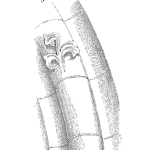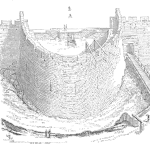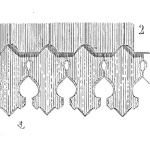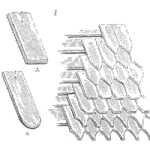
This element of a reliability requirement answers the questions of where and under what conditions the product should operate.
It includes storage, transportation, and installation conditions too. One way to think of the environment is to consider the weather around the device. Temperature, humidity, preoccupation, etc.














 Ask a question or send along a comment.
Please login to view and use the contact form.
Ask a question or send along a comment.
Please login to view and use the contact form.